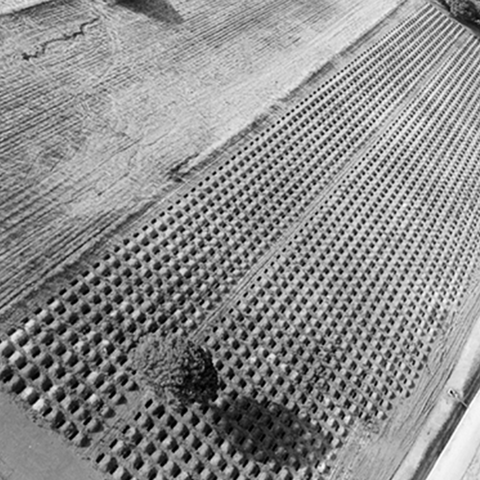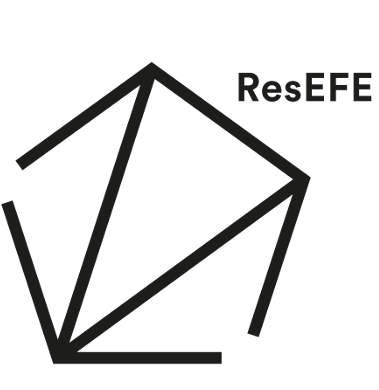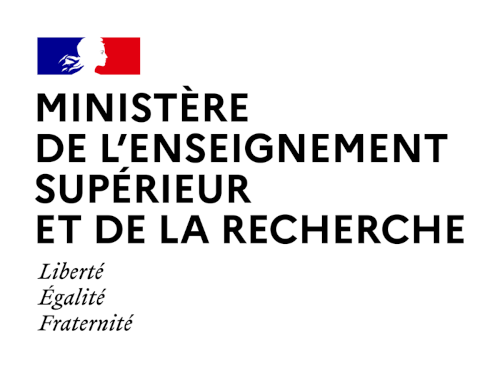Coord.: Francisco ANDÚJAR CASTILLO (Universidad de Almería), Mathieu GRENET (Institut national universitaire Jean-François Champollion, Albi), Anne MONTENACH (Aix-Marseille Université)
Org.: École des hautes études hispaniques et ibériques (Casa de Velázquez, Madrid), École française de Rome, Universidad de Almería, UMR 5136 (FRAMESPA, Université Toulouse – Jean Jaurès), UMR 7303 TELEMME (Aix-Marseille Université)
Registration required
Access the online form
Registration closed
Workshop dates: 27-29 mars 2019
Place
Casa de Velázquez
C/ Paul Guinard, 3
28040 Madrid – España
Microhistory and social history
New methodological approaches

Podcasts
Microhistoria e historia de la criminalidad
Tomás MANTECÓN MOVELLÁN
Qu’est-ce qu’un étranger dans une société de l’époque moderne ? Une approche microanalytique
Simona CERUTTI
Un terreno experimental para la microhistoria: la repoblación del reino de Granada
Bernard VINCENT
Micro-histoires de l’espace urbain. Des confréries aux hôtels, en passant par les palais
Eleonora CANEPARI
Jugando con las escalas: anomalías en la historia al transitar de lo macro a lo micro y viceversa
Francisco ANDÚJAR CASTILLO
Presentation
Microstoria first appeared at the turn of the 1970s and 1980s, from within a small group of Italian historians, in reaction to a social history that was marked by structuralist and functionalist models. It can be defined, not as a historiographical ‘school’ that promotes a unified method, but rather as an experimental research practice, characterised by varied approaches that all have the micro-level as a common point of interest. This history ‘at ground-level’ (J. Revel) is nourished by the minute and extensive exploitation of disseminated evidence and sources; these documentary remains are used to reconstruct the density of the social world, the complexity of individual stories and plans, and the multiplicity of contexts, of which they are part, and which give them meaning. While some, through the use of inconsistencies, have seen borderline cases (E. Grendi’s ‘exceptional normal’) as the best tool for understanding norms and social relations, in contrast, others have favoured the productive game of scales of observation and analysis that take up the challenge of complexity and allow ‘the flaky structure of social matters’ to be highlighted (J. Revel). In the very construction of the object of research and then in its interpretation, this change of scale and method of analysis was finally able to be accompanied by innovative and heuristic narrative choices that themselves fall under the common concern for experimentation.
For the past thirty or so years, numerous works have adopted the empirical process of micro-historians, which has demonstrated its descriptive and analytical potential in the construction and comprehension of social matters. The variation in levels of analysis thus establishes a precious tool for understanding the tensions between the resources and individuals’ capacity for action on the one hand, and the natural constraints and normative frameworks with which they interact on the other. If, nowadays, the microhistorical approach can experience a relative decline in the face of other methods of writing history, or be the subject of misunderstandings, the fact remains that it continues to question historical practice, as some recent studies have shown. Francesca Trivellato borrowed her experience of ‘global history on a reduced scale’ from this particularly stimulating methodological approach; through a connected history of the Mediterranean in the 18th century, she reconciles the meticulous analysis of local context, an approach favoured by microstoria, and the history of the globalisation of markets.
In this context, the objective of this thematic school is to question both the potential and the methodological difficulties linked to the micro-historical approach, whether conducted for its own sake or in conjunction with other methods. The aim is now to establish a critical picture of the contributions and approaches that have been followed for around forty years by those who have implemented analytical and narrative microhistorical proposals in their research. Speakers presenting recent works at conferences, and the discussion of participants’ ongoing research (sources, fields, methods), will shed light not only on the new methodological issues linked to the adoption of a microhistorical approach to social history, but also on the renewed possibility of dialogue with other social sciences-in particular anthropology and sociology-that this approach generates.
Guest lecturers and instructors
- Giovanni LEVI (Università Ca' Foscari Venezia) – Opening conférence
- Francisco ANDÚJAR CASTILLO (Universidad de Almería)
- Eleonora CANEPARI (Aix-Marseille Université)
- Simona CERUTTI (École des hautes études en sciences sociales, Paris)
- Tomás MANTECÓN MOVELLÁN (Universidad de Cantabria)
- Jacques REVEL (École des hautes études en sciences sociales, Paris)
- Bernard VINCENT (École des hautes études en sciences sociales, Paris)
Organization
The workshop will take place over three days of work in the presence of specialists in the field.
These days will be organized around conferences in the morning, followed by a debate with all the selected candidates, and practical workshops in the afternoon, led by lecturers and instructors.
Debates and intervention must be realized in Spanish, French or English.
The participants (a maximum of 20), will attend methodological or historiographical conferences as well as practical workshops.
Practical conditions
This call for applications is mainly directed at doctoral and post-doctoral candidates. It is also intended for students enrolled in the 2nd year of a Master's degree, whose research project is already at an advanced stage.
The 20 participants will be selected on the basis of their academic record, profile and knowledge of languages. Priority will be given to the applicants whose research studies fall within the main topics of the workshop.
This is why they will be asked to submit a cover letter explaining the reasons for their application (max. 500 words).
From January 31st 2019, the applicants will be advised of the results of the selection.
The selected applicants will be informed of the procedures.
After the workshop, they will receive a certificate of attendance.
There is a registration fee of 50 euros per student (with Paypal system):
It includes:
- accommodation in Madrid (shared twin bedroom) for 4 nights, for the applicants who request it and do not reside in Madrid.
- lunches, for 3 days
Transportation costs as well as other dinners will be at the expense of the participants.
A support for intercontinental mobility of no more than 300 euros may be granted to the applicants who request it and who are registered in a university or higher education establishment in Africa or Latin-America.
Registration closed
Access the online application form
Credits: (CC) Fundación NMAC - Fotografía de la performance de Santiago Sierra, 3000 huecos de 180x70x70 cm. cada uno, 2002














